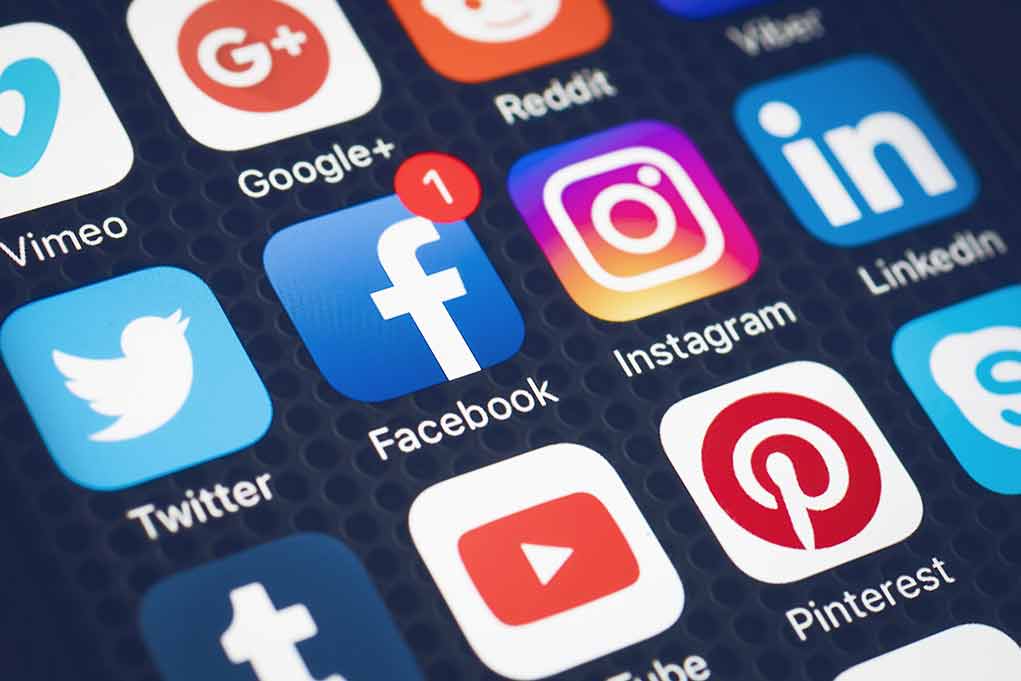
After 23 years of connecting people across the world, the iconic video calling service Skype is officially shutting down today as Microsoft forces users to migrate to Teams, marking the end of a digital era that revolutionized how we communicate globally.
Key Takeaways
- Skype, the pioneer in video-calling, founded in 2003, is shutting down after 23 years due to competition from Microsoft Teams and Zoom.
- Microsoft acquired Skype in 2011 for $8.5 billion and is now directing users to migrate to Teams, with data deletion scheduled for January 2026 for inactive accounts.
- Users have a limited time to save their contacts and chat history by either transferring to Teams or manually exporting their data.
- Despite a temporary surge during the 2020 pandemic, Skype lost market share to more versatile competitors, highlighting how even dominant tech platforms can become obsolete.
- The platform’s shutdown represents Microsoft’s strategy to consolidate its communication services, similar to how it retired Hotmail in 2013.
The Fall of a Communication Giant
Skype, founded in Luxembourg in 2003, was the first service to offer free computer-to-computer calls, transforming global communication at a time when international calling was prohibitively expensive. The platform quickly gained popularity for its revolutionary approach, allowing people to connect via video and voice calls without geographical limitations or costs. After being acquired by eBay in 2005 for $2.6 billion and later by Microsoft in 2011 for $8.5 billion, Skype became a household name synonymous with video calling, much like Google became synonymous with internet searches.
END OF AN ERA
For a generation that grew up saying “Skype me,” it's a bittersweet goodbye.
As of May 5, Microsoft has officially begun shutting down Skype — the video-calling app that once brought families closer, bridged long-distance love, and helped the world stay connected.… pic.twitter.com/MWd7DGkG07
— Bilyonaryo News Channel (@bncdotph) May 5, 2025
Microsoft’s Strategic Consolidation
The decision to retire Skype comes as Microsoft aggressively promotes Teams as its primary communication platform. Microsoft executives have framed this as a streamlining effort, but critics see it as another example of big tech forcing users into their preferred ecosystem with little regard for user preference. Teams has seen significant growth in recent years, with Microsoft reporting a 400% increase in meeting minutes by consumer users in the past two years. This growth, coupled with Skype’s declining popularity, made the business decision inevitable from Microsoft’s perspective.
“The timing of this shift is driven by the significant advancements and adoption of Microsoft Teams. In the past two years, the number of minutes spent in meetings by consumer users of Teams has grown 4X,” Announced by Microsoft, explaining about Skype’s retirement.
Users who don’t transition to Teams by January 2026 will permanently lose access to their Skype data, including contacts and chat history. While some data will automatically transfer when users log into Teams using their Skype credentials, certain content won’t migrate, including chats with Teams work accounts, Skype for Business history, private conversations, and bot interactions. This forced migration strategy has frustrated many longtime Skype users who preferred the platform’s simplicity over Teams’ more complex interface, designed primarily for business use.
The Legacy of Skype
Despite its impending shutdown, Skype’s impact on communication technology and culture remains significant. Before Zoom became a household name during the pandemic, Skype had already normalized video calling for millions of users worldwide. The platform connected families separated by distance, enabled business communications across continents, and created a template for what modern communication platforms should offer. Its iconic sound effects and user interface influenced countless subsequent technologies and became cultural touchstones in their own right.
“Skype has been an integral part of shaping modern communications and supporting countless meaningful moments, and we are honored to have been part of the journey,” said Jeff Teper, Corporate Vice President at Microsoft.
Public reaction to Skype’s retirement has been mixed across social media platforms. Many users expressed nostalgia for the service that connected them with loved ones during significant life events. “Rest in peace, Skype. You served us well,” wrote one user online, while another urged fellow users to “Listen to that iconic Skype ringer one last time.” These sentiments reflect how deeply the service embedded itself in daily communication habits for an entire generation before newer, more feature-rich platforms emerged to challenge its dominance.
The End of an Era in Tech
Skype’s demise serves as a stark reminder that even revolutionary technology platforms can become obsolete when they fail to innovate quickly enough in a competitive landscape. Despite a brief resurgence during the early pandemic when video calling became essential, Skype couldn’t maintain momentum against rivals like Zoom that offered simpler interfaces and better performance. Microsoft’s decision to consolidate its communication offerings around Teams reflects the reality that maintaining multiple competing platforms isn’t economically viable, even for tech giants with deep pockets.
“For a lot of people, it was the first time they had ever used a video chat software, and it was honestly a market leader at the time,” Said James Hennessy, tech analyst.
As users say goodbye to Skype, the shutdown highlights an uncomfortable truth about our increasingly digital lives: the platforms we rely on daily exist at the whim of corporate decision-makers. Whether Microsoft’s bet on Teams over Skype proves successful remains to be seen, but the transition provides valuable lessons about digital ownership, platform dependency, and the impermanence of even the most widely adopted technologies. For many conservatives concerned about big tech control, this forced migration is yet another example of corporate power dictating consumer choices with little recourse.











